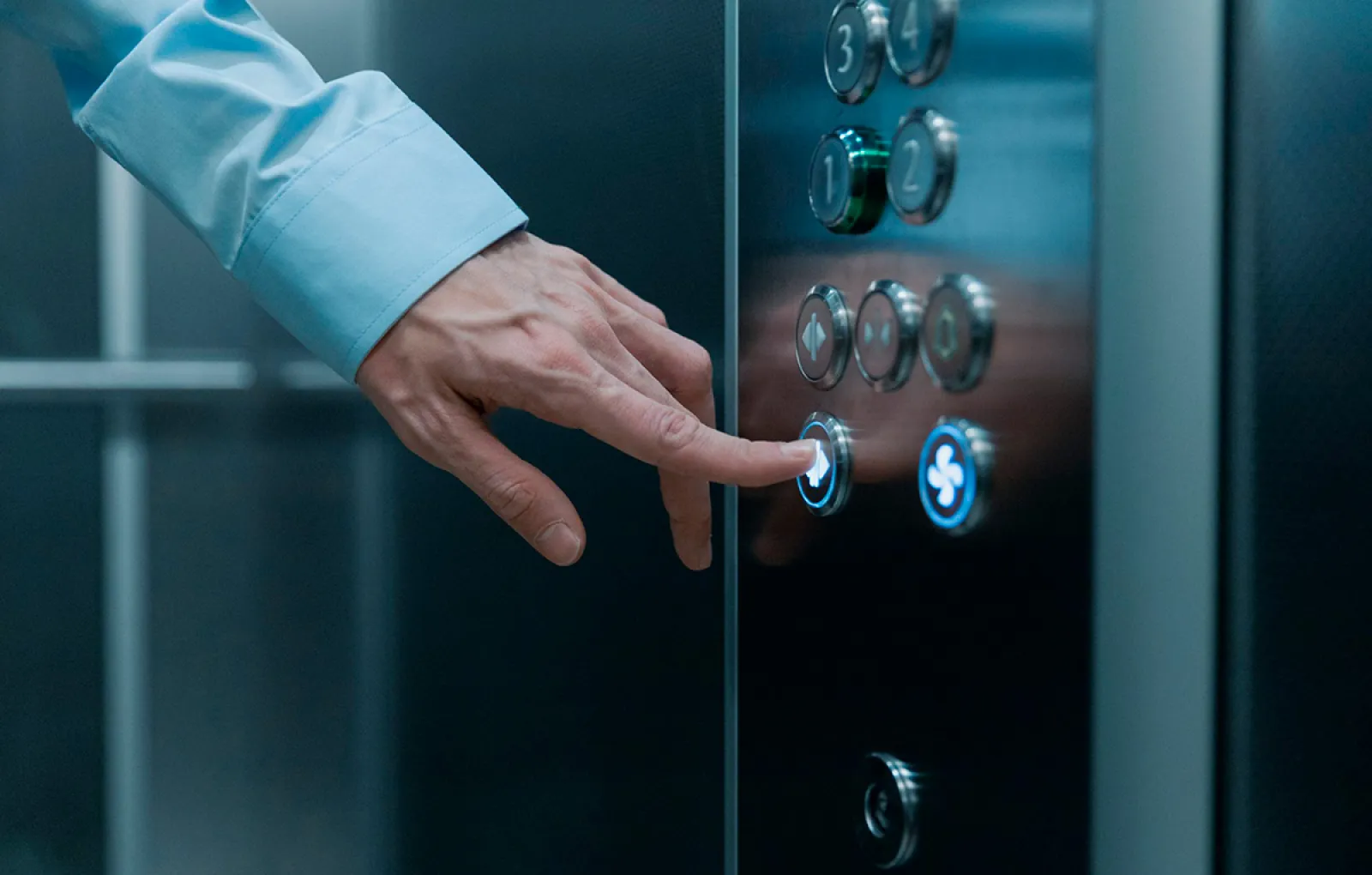Elevator insurance is a critical yet often overlooked component of property insurance in Germany. With the increasing number of multi-story buildings and the essential role elevators play in ensuring accessibility and convenience, it is vital to understand the nuances of elevator insurance. This article explores the importance of elevator insurance, the legal framework governing it, types of coverage available, and an exclusive method to optimize elevator insurance policies.
Importance of Elevator Insurance
Elevator insurance protects property owners, building managers, and tenants from the financial and legal ramifications of elevator-related incidents. The importance of elevator insurance includes:
- Financial Protection: Covers the costs of repairs, replacements, and damages related to elevator malfunctions or accidents.
- Legal Compliance: Ensures adherence to regulatory requirements and safety standards.
- Liability Coverage: Protects against claims from third parties for injuries or damages caused by elevator accidents.
- Operational Continuity: Minimizes disruption to building operations by ensuring quick repairs and maintenance.
Legal Framework
Elevator insurance in Germany is governed by various laws and regulations to ensure safety and compliance:
- German Civil Code (Bürgerliches Gesetzbuch – BGB): Contains provisions related to property ownership and liability.
- Industrial Safety Ordinance (Betriebssicherheitsverordnung – BetrSichV): Regulates the installation, operation, and maintenance of elevators, emphasizing safety and compliance.
- Building Codes (Bauordnungen): State-specific regulations that may include mandatory elevator insurance requirements for certain types of buildings.
Types of Coverage
Elevator insurance policies in Germany typically cover a range of aspects related to elevator use and maintenance:
- Property Damage: Covers the cost of repairing or replacing damaged elevator components due to accidents, vandalism, or natural disasters.
- Liability Insurance: Protects against claims from third parties for injuries or property damage caused by elevator malfunctions.
- Maintenance and Inspection: Some policies include coverage for regular maintenance and mandatory inspections to ensure compliance with safety standards.
- Business Interruption: Compensates for lost income if an elevator outage disrupts business operations in commercial buildings.
Exclusive Method for Optimizing Elevator Insurance Policies
To ensure comprehensive coverage and optimize elevator insurance policies, consider the following exclusive method:
1. Comprehensive Risk Assessment
- Evaluate Elevator Usage: Assess the frequency and type of elevator usage (e.g., residential, commercial, industrial) to determine specific risks and coverage needs.
- Identify Potential Hazards: Conduct a thorough inspection of the elevator system, identifying potential hazards such as outdated machinery, electrical issues, or structural weaknesses.
- Implement Safety Measures: Install safety features such as emergency alarms, intercom systems, and automatic braking systems. Regularly update and maintain these features.
2. Customizing Insurance Coverage
- Assess Coverage Needs: Determine the appropriate coverage amounts based on the type and value of the elevator system, and the potential impact of an outage.
- Select the Right Policy: Compare different policies and insurers to find the best coverage options for your specific elevator system and building type.
- Consider Additional Riders: Add coverage for specific risks, such as natural disasters, vandalism, or specialized maintenance needs.
3. Regular Policy Reviews
- Annual Reviews: Review your policy annually to ensure it remains adequate. Update coverage amounts based on system upgrades or changes in building usage.
- Adjust for Inflation: Ensure your policy coverage keeps pace with inflation to avoid underinsurance.
- Policy Bundling: Consider bundling elevator insurance with other insurance products (e.g., property insurance, liability insurance) for potential discounts.
4. Engage with Experts
- Consult Insurance Brokers: Work with experienced brokers who can provide tailored advice and help negotiate better terms.
- Legal Consultation: Seek legal advice to understand the nuances of policy terms and conditions, and ensure compliance with local regulations.
- Technical Experts: Engage elevator maintenance experts to conduct regular inspections and provide recommendations for safety improvements.
5. Effective Claims Management
- Document Everything: Keep detailed records of the elevator system, including installation details, maintenance logs, and any upgrades. Maintain records of all communications with the insurance provider.
- Prompt Reporting: Report any incidents or malfunctions to your insurance provider immediately and follow their procedures for filing a claim.
- Professional Appraisal: Obtain an independent appraisal of damages to support your claim and ensure fair compensation.
Elevator insurance in Germany is a crucial component of property management, offering financial protection and ensuring legal compliance. By understanding the legal framework, types of coverage, and implementing the exclusive method for optimizing policies, property owners and managers can ensure comprehensive protection against elevator-related risks. Regular assessments, customized coverage, expert consultations, and effective claims management are key to maintaining an effective elevator insurance strategy.
